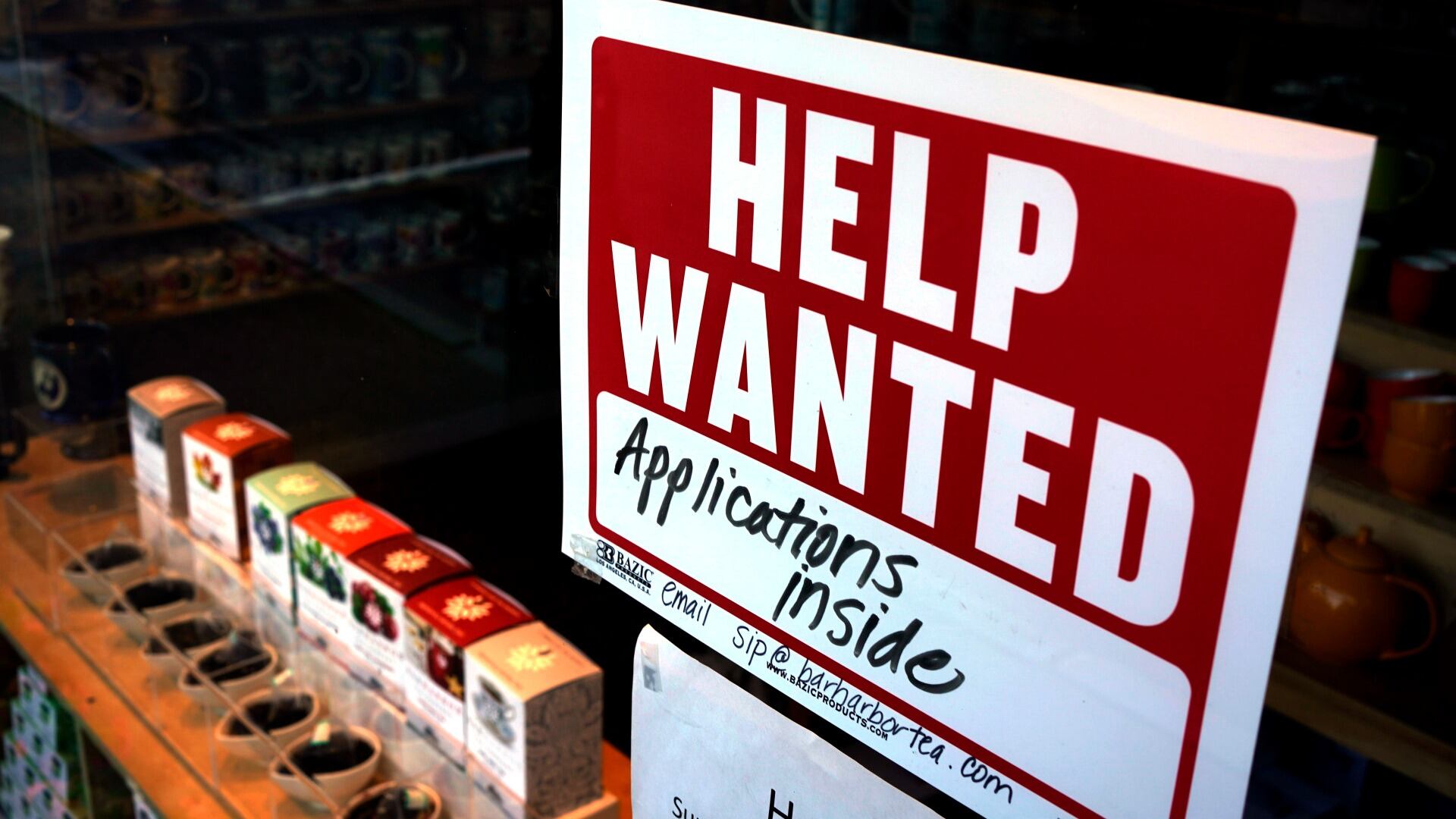New claims for state unemployment benefits fell more than expected last week. The Labor Department reported that the number of claims dropped 15,000 to a seasonally adjusted 190,000.
The drop is a "frustrating reminder" for the Federal Reserve that the labor market remains tight despite its efforts to give employers some slack by slowing down the economy, wrote Matthew Martin, U.S. economist for Oxford Economics, in a daily research brief.
The four-week moving average for claims remains near historic lows at 206,000, which tracks with a five-decade low unemployment rate of 3.5 percent.
The numbers may also come as a surprise for those witnessing yet another round of layoffs from the tech sector. Microsoft this week announced plans to cut 10,000 positions, or roughly 5 percent of its workforce, and Amazon began laying off thousands of employees as part of a plan to eventually terminate 18,000 jobs.
What explains the disparity between tech and the rest of the job market?
Dan Ives, analyst for Wedbush Securities, wrote that Microsoft in recent years "needed to aggressively hire along with the rest of the tech sector and spend money like 1980's Rock Stars to keep pace with eye-popping demand."
In his view, this was a classic case of overkill, and now workers are paying the price.
"We are seeing the clock strike midnight for the tech sector after a decade of hyper growth and now major layoffs are being seen at MSFT, Salesforce, Meta, Amazon, among many others across the Valley," he wrote.
Ives called this the "rip the band-aid off moment" for tech.
Not all tech companies are putting employees on the chopping block though. Apple, for example, has not yet announced a major round of layoffs, and it's faced many of the same challenges as the rest of the industry in the wake of the pandemic. One notable difference is that it didn't hire as many people during the pandemic.
Another outlier is Uber. CEO Dara Khosrowshahi said during an event at the annual gathering of the World Economic Forum in Davos, Switzerland, that the ridesharing giant is not considering layoffs at this time.
He noted that the company has tried to make cuts in other areas.













